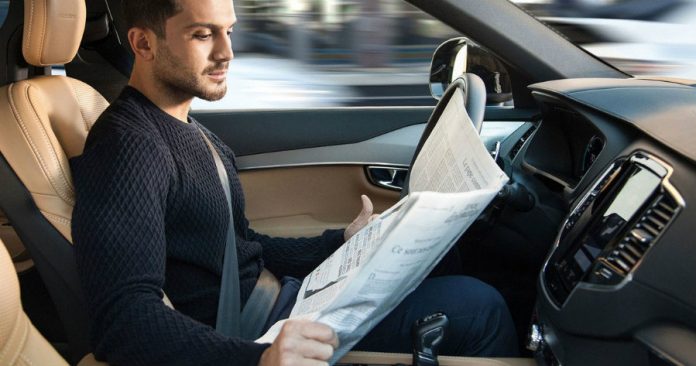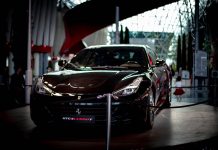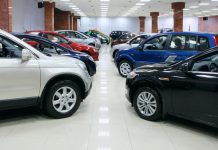
China – In a statement given by Chinese government authorities this week, it was announced that tests of self-driving cars in national highways should stop until proper regulations are in place.
The security measure comes directly from She Weizhen, who is at the top of the automobile division of the Ministry of Industry and Information Technology.
The announcement served not only to warn manufacturers and developers to halt tests on Chinese roadways, but also to shed light on the future of the industry in the Asian country. Officials said the automobile department was already working on a regulatory framework along with other national authorities in the fields of transportation and law.
Temporarily ceasing testing of autonomous cars in Chinese soil means a significant halt to the operations of Volvo and Chongqing Changan, a national manufacturer also involved in the market.
The Automation Race
China’s autonomous vehicle industry is far from the starting point in this race for dominance of the newfound auto market.
Self-driving vehicles have been perceived as futuristic technology ever since the first conceptions of modern cars, but the developments of the last decade have proven that is far from the case nowadays.
The earliest projects of automation in road vehicles date back from the beginning of the 20th century. Since then, not only academics and military have taken an interest in developing driverless cars, but also renowned commercial manufacturers around the world.
With the dawn of the new millennium, the independent automotive industry has become more prominent in mainstream auto shows and even in the car market. A commitment to invest time and resources in the development of software and design of these vehicles sheds light on what the future holds for drivers around the world.
Currently a household name in the U.S., Tesla Motors has become the pioneer in innovation for automotive technologies.
China temporarily bans highway testing of self-driving cars https://t.co/mgJDAkhwYx
— finitegadget (@finitegadget) July 20, 2016
First piercing the auto market with the Tesla Roadster sports car and the Model S sedan, the American manufacturer sought to position itself as the standard for electric vehicles around the world. However, clean energy was not the only thing in the sight of Elon Musk, CEO of Tesla, at the moment of revolutionizing the industry.
The Autopilot System for the Model S was first available in 2015 for 2014 models and onwards. Updates of the system are received by the car over the air, similar to OS updates on our phones. Competition never stops, and so major vehicle companies like Mercedes-Benz, Volvo, Toyota, Ford and Nissan have also plunged into the autonomous car craze.
A Responsible Decision
The race is not without its obstacles, though, as proven by experience with driverless cars in recent years.
A key feature of this new technology seems to be the fact that autonomy involves learning as well. Google, for example, has also notably developed an autonomous car that has been involved in multiple accidents and collisions as it learns from experience.
Luckily, none of Google’s accidents have involved fatalities, contrary to Tesla and its Model S, who saw their first fatality while on Autopilot mode back in early May 2016. The record shows that responsibility must be of the utmost importance when dealing with human lives, and China seems to have understood that in time.
Willingness for growth exists, as both the U.S. and China have stated that they are currently working on regulations and legislation for self-driving cars to travel on their roads.
Source: Mashable











